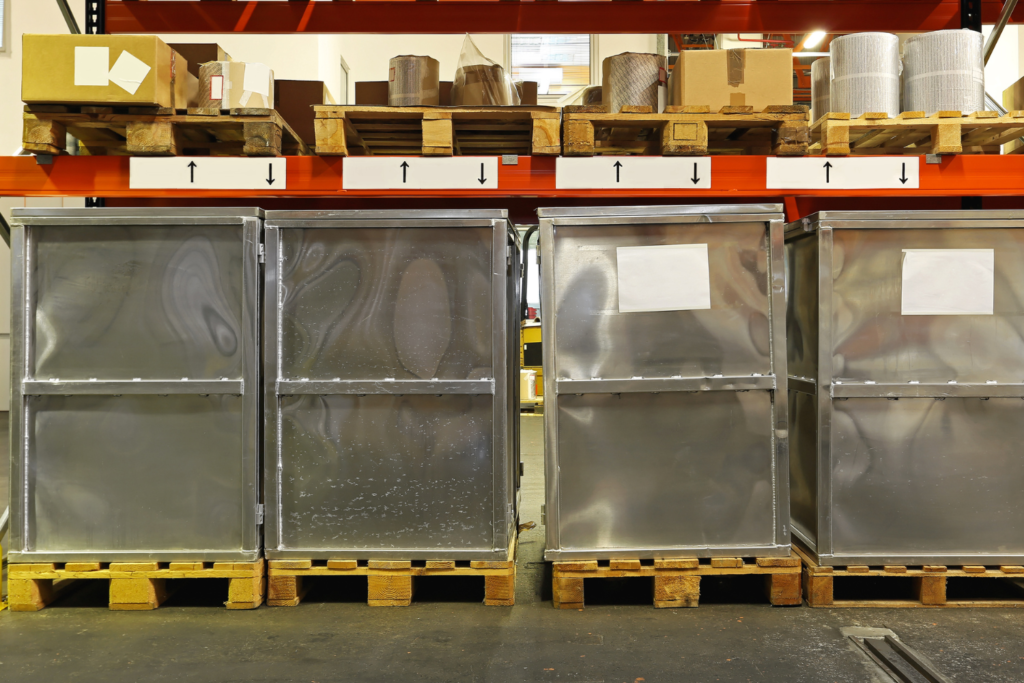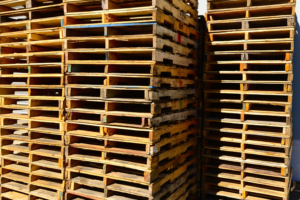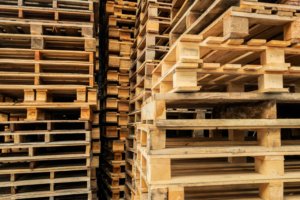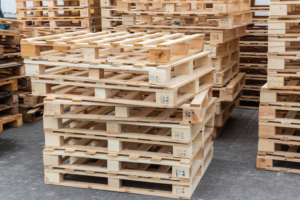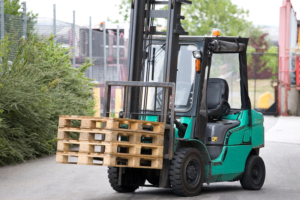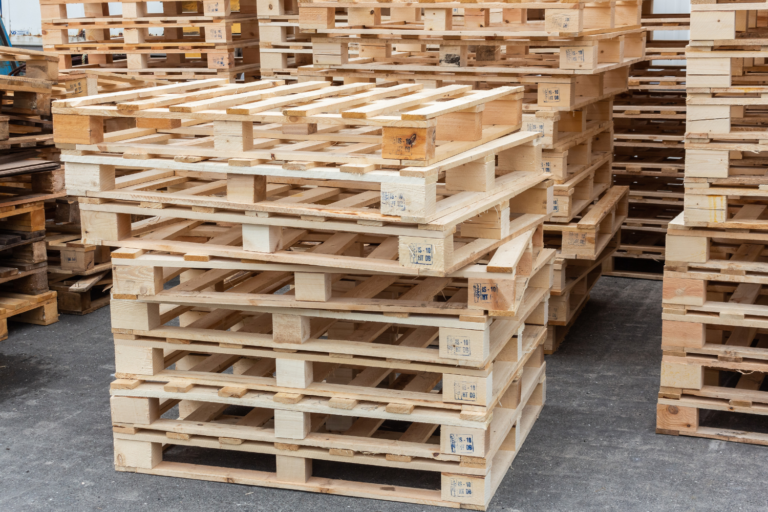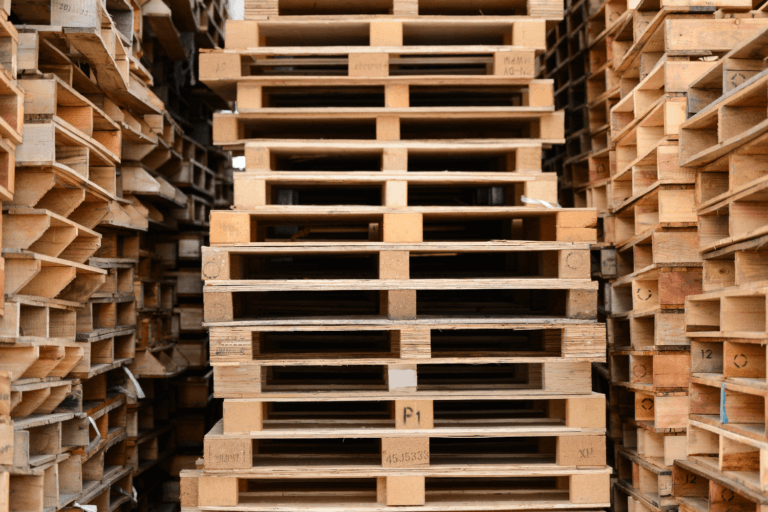Pallets are an integral part of the shipping process.
With a diverse array of pallet materials, sizes, and designs available, you must carefully evaluate your specific needs to ensure you select the most suitable option.
Below is a guide on how to choose pallets for your shipment.
How to Choose Pallets for Your Shipment
Choosing the right pallets for your shipment involves careful consideration of several factors.
Consider these factors below to ensure the safety and efficiency of your shipping operations.
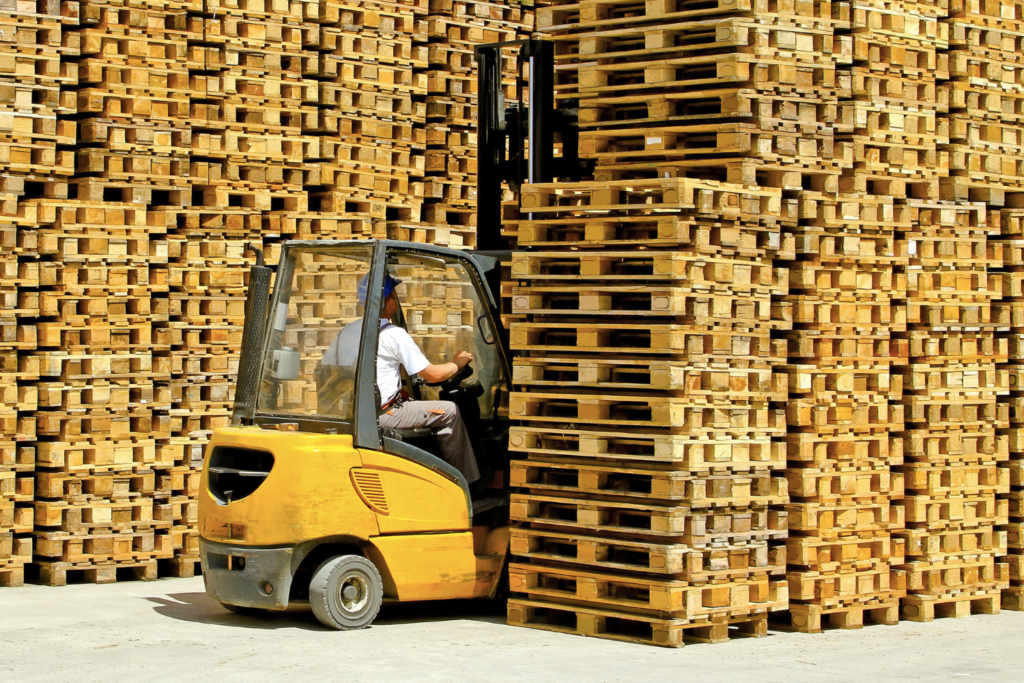
1. Choose the Right Pallet Material Considering the Weight of Your Items
When choosing pallets for your shipment, the first step is to consider the right pallet material based on the weight of your items.
Different materials, such as wood, plastic, and metal, have varying weight capacities and durability.
Wood pallets are a common choice due to their strength and ability to support heavy loads, making them ideal for items like machinery parts or construction materials.
On the other hand, lighter items, such as textiles or consumer goods, can be efficiently handled with plastic pallets.
These pallets are not only resistant to moisture but also easy to clean, which is especially beneficial for food or pharmaceutical products that require a hygienic shipping environment.
Metal pallets, while more expensive, offer unparalleled durability and are excellent for items that are exceptionally heavy or require protection against harsh environmental conditions.
2. If There Is an Automated System in Place, You May Need to Use Standard Pallets
Automated systems, such as conveyors or robotic arms, are often designed to work with specific pallet dimensions.
Make sure that your pallets are compatible with these systems to minimize the risk of jams or malfunctions.
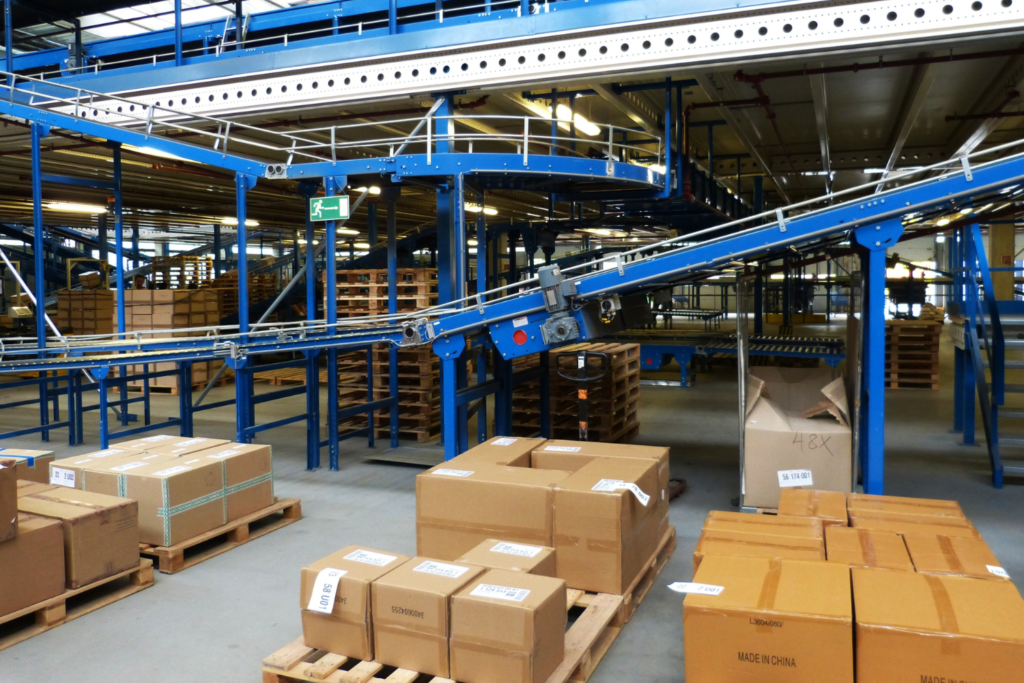
3. If Your Items Have Odd Sizes and Shapes, Custom Pallets May Be Better Than Standard Pallets
In cases where your items are unusually sized or shaped, opting for custom pallets may be more beneficial than using standard options.
For instance, if you’re shipping delicate glassware or oddly shaped machinery, a custom-designed pallet can help ensure that they are securely cradled, thereby preventing breakage or misalignment.
4. If Your Budget Is Limited But You Need Many Pallets, Consider Recycled Pallets
Recycled pallets are significantly less expensive than new pallets while offering reliable performance.
These pallets are typically made from reclaimed wood and can be refurbished to ensure they meet safety and performance standards.
However, it’s important to ensure that they are in good condition, free from splinters or structural weaknesses, to avoid any risks during transport.
Conducting thorough inspections and sourcing them from reputable suppliers can mitigate potential issues.
5. Consider If the Items Are Fragile, Perishable, or Require Special Handling
When selecting pallets, consider the nature of the items being shipped. If your goods are fragile, perishable, or require special handling, this will influence your choice significantly.
Fragile items, such as electronics or glass products, may need pallets that provide better cushioning or additional support.
On the other hand, perishable goods, like fruits or vegetables, might require pallets made from materials that comply with food safety regulations.
Furthermore, specific handling requirements, such as temperature control or moisture protection, may dictate the choice of pallet material and design.
Failure to consider these factors could result in product loss, increased costs, and damage to your business reputation.

6. Different Transportation Methods May Have Varying Requirements
Different modes of transport such as air, sea, or land can have varying requirements regarding pallet size, material, and weight.
For instance, air freight often necessitates lighter, more compact pallets to meet strict weight limits, while sea freight might allow for heavier and bulkier pallets.
Also, logistics providers often have preferred pallet types, which may influence your decision as well.
7. Some Industries Have Specific Shipping Rules and Regulations
Specific industries may have their own shipping rules and regulations that dictate pallet use. Compliance is essential to ensure the safety of products and maintain customer trust.
Industry-specific certifications may also be required for certain pallets, particularly when shipping hazardous materials or sensitive goods.
Familiarize yourself with these regulations to avoid potential fines or delays, which can disrupt your supply chain and impact customer satisfaction.
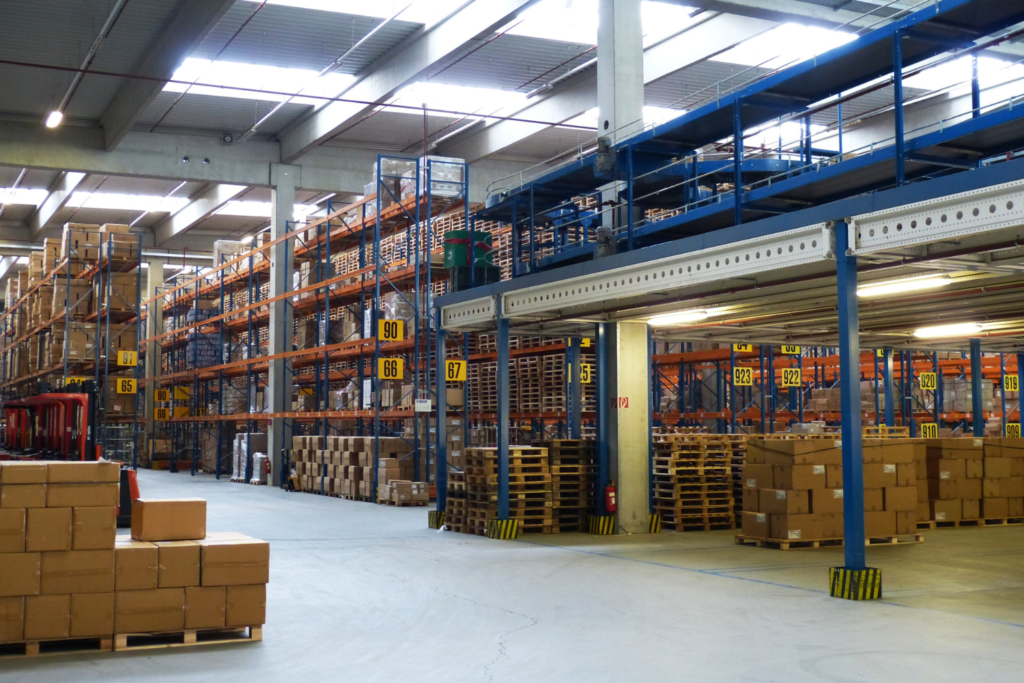
8. For International Shipping, Heat Treatment Is Required
If you plan to engage in international shipping, heat treatment of wooden pallets is often required.
This process, known as ISPM15, helps eliminate pests and diseases that could be transmitted across borders.
Many countries enforce strict regulations regarding the import of wooden materials, and failing to comply can lead to customs issues or shipment rejections.
Conclusion
Choosing the right pallets for shipment is a critical decision that can significantly impact the efficiency and safety of your supply chain operations.
Take the time to evaluate the factors above to reduce risks and ultimately improve customer satisfaction.
You can check out our pallet products here if you need pallets for your shipment.
Chesapeake Pallets has been helping companies across the United States level up their logistics, one pallet at a time.
For inquiries, email info@chesapeakepallets.com or request a quote below!

